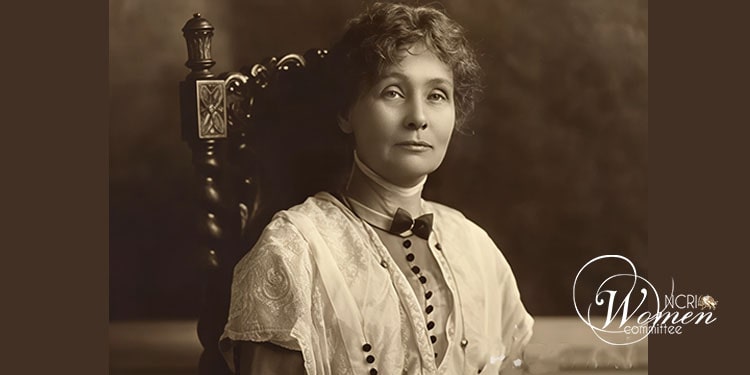Emmeline Pankhurst (15 July 1858 – 14 June 1928) was a pioneering British political activist and leader of the women’s suffrage movement who fundamentally changed the course of women’s rights in the UK. Born in Manchester, England, Pankhurst dedicated her life to fighting for women’s right to vote, becoming one of the most influential and controversial figures in early 20th-century British politics.
In 1903, she founded the Women’s Social and Political Union (WSPU), known for its militant tactics and slogan “Deeds, not words.” Under her leadership, the WSPU organized protests, hunger strikes, and civil disobedience campaigns that brought unprecedented attention to the struggle for women’s enfranchisement. Despite frequent arrests and imprisonment, Pankhurst’s unwavering determination inspired generations of women activists worldwide.
Her activism contributed significantly to the Representation of the People Act 1918, which granted voting rights to some British women over the age of 30, and laid the groundwork for universal women’s suffrage in 1928, shortly before her death. Beyond suffrage, Pankhurst was also involved in social reform and advocated for women’s participation in politics and public life.
Emmeline Pankhurst’s legacy endures as a symbol of courage, resilience, and the relentless pursuit of equality. Her life’s work remains a foundational chapter in the global history of women’s rights and feminist movements.
